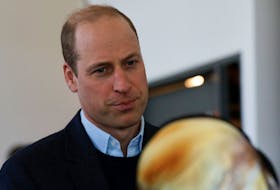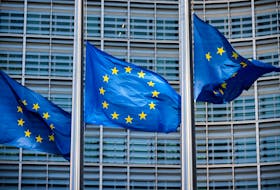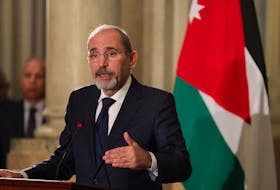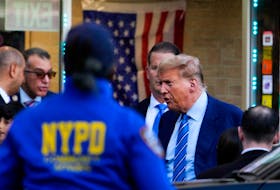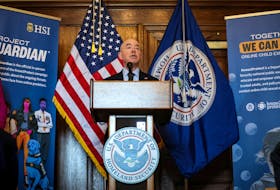By Sarah Marsh and Nelson Acosta
HAVANA (Reuters) - Cuba's government has launched a program to combat racism, acknowledging that a problem that Fidel Castro tried to eliminate after the 1959 leftist revolution remains unresolved.
The program aims to identify steps to fight discrimination, broaden education on Cuba's African legacy and start a public debate on racial issues, Culture Vice Minister Fernando Rojas told a cabinet meeting, according to state-run media on Friday.
"Everyone recognizes our revolution has been the social and political process that has possibly done most to eliminate racial discrimination," state-run media quoted President Miguel Diaz-Canel as saying.
"But there are still some vestiges that are not in our society because of policy but that are rather anchored in the culture of a group of people."
Activists welcomed the move by Diaz-Canel, who replaced Fidel's younger brother Raul Castro as president last year, but said it remained to be seen how well the program would be implemented.
Cuba has long hailed its elimination of racial segregation as one of the revolution's greatest achievements.
Before 1959, education was largely off limits to blacks and mestizos and they were shut out of universities and jobs that involved interacting with customers. Whites had their own social clubs, beaches and private parties.
When he took power, Fidel Castro abolished segregation and gave all Cubans access to free education and health care.
But Diaz-Canel acknowledged that some Cubans still make racist jokes and some private sector businesses advertised jobs only to people of a certain skin color.
"This is a real step forwards, after we have fought for so many years," said Deyni Terri, a lawyer and founder of Alianza Unidad Racial (Racial Unity Alliance). "It's a good start, particularly that the president is taking this on personally."
Racial discrimination was also a problem in state institutions, with police more likely to arrest black citizens, Terri said.
Activist and literary researcher Roberto Zurbano said he hoped the government would listen to the proposals that had already been made.
"Welcome to the club," he said. "This is an awakening".
(Reporting by Sarah Marsh; Editing by Sonya Hepinstall)

